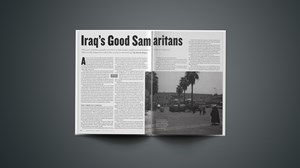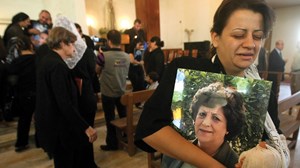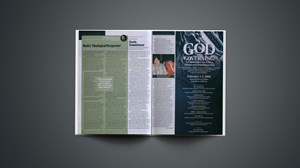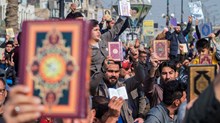Iraq
The land between the Tigris and Euphrates rivers, considered by many scholars to be the site of the Garden of Eden, forms the central passage of modern Iraq. Dominated by imperialism until its independence in 1932, the West Asian nation became known in the latter half of the 20th century for bloody ethnic clashes between its Sunni and Shiite Muslims. While a small number of Christians have inhabited the region for over 2,000 years, conflicts under Saddam Hussein—the Iran-Iraq war of 1979, the invasion of Kuwait in 1990, and international tensions over the purported stockpiling of weapons of mass destruction—have resulted in their displacement and emigration. In 2004, the country was reestablished as a democratic republic after U.S.-led forces deposed Hussein. Humanitarian and missions efforts have slowly resumed, but Christians continue to leave the country amid threats, persecution, and economic hardship.
Featured Articles






















